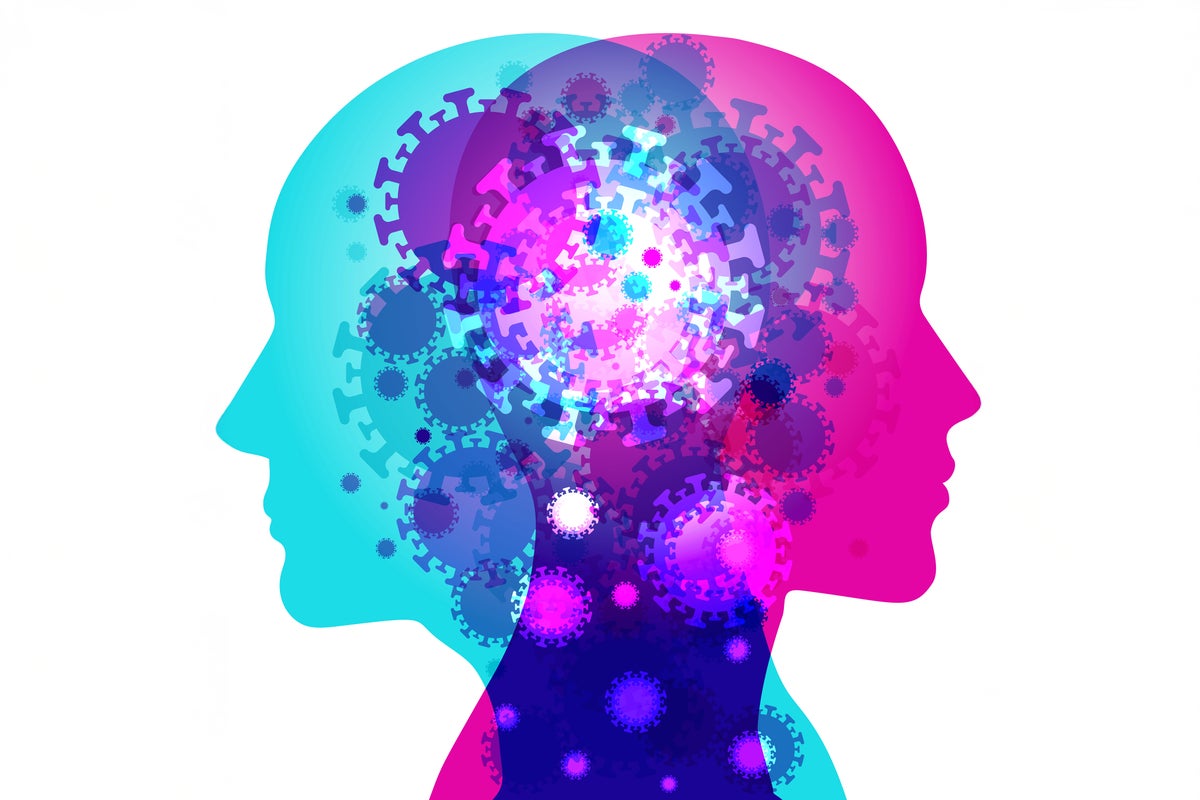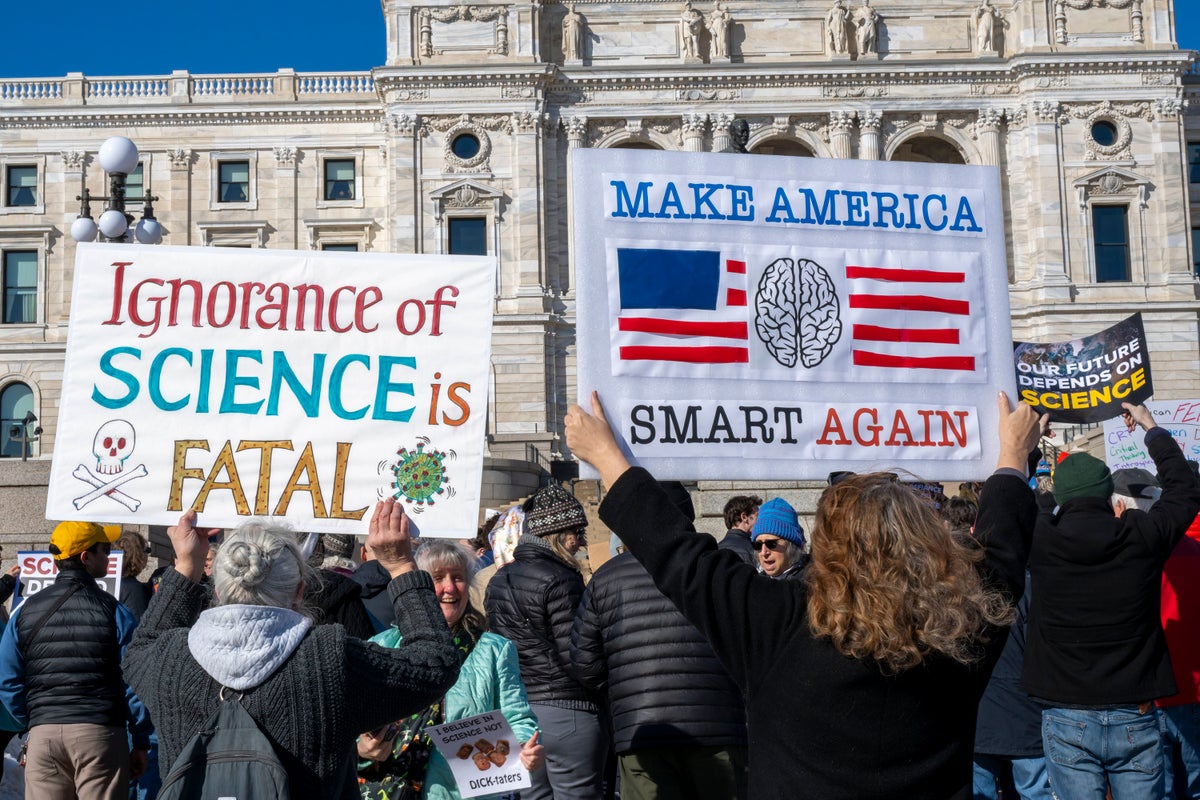Now Reading: Study Reveals Pandemic’s Impact on Accelerating Brain Aging
-
01
Study Reveals Pandemic’s Impact on Accelerating Brain Aging
Study Reveals Pandemic’s Impact on Accelerating Brain Aging

Quick Summary
- A study involving nearly 1,000 participants revealed that the COVID-19 pandemic accelerated brain aging, even in individuals who did not contract the virus.
- Structural brain changes were noted primarily in older adults, men, and those from disadvantaged backgrounds.
- Machine-learning models estimated these participants’ brains aged 5.5 months faster on average during the pandemic compared to a control group scanned before the pandemic.
- Cognitive decline was observed only in people who contracted SARS-CoV-2, indicating that physical brain aging may not immediately affect mental acuity.
- Factors like social isolation, stress, unemployment, and low income were linked to faster brain aging during the pandemic era.
- Researchers suggest further investigations are needed into causal mechanisms and whether these effects are reversible.
Indian Opinion Analysis
This study underscores how non-infectious factors such as social disruptions caused by large-scale events-like pandemics-can have profound impacts on public health beyond direct illnesses like COVID-19 itself. Accelerated brain aging among vulnerable groups highlights inequalities intensified by societal stressors such as unemployment or inadequate healthcare access. for India, where socio-economic divides are more pronounced than many other nations, this serves as a reminder of the need for targeted welfare policies ensuring mental health care and economic stability during crises. Further research could inform resilience strategies for future health emergencies globally.




























